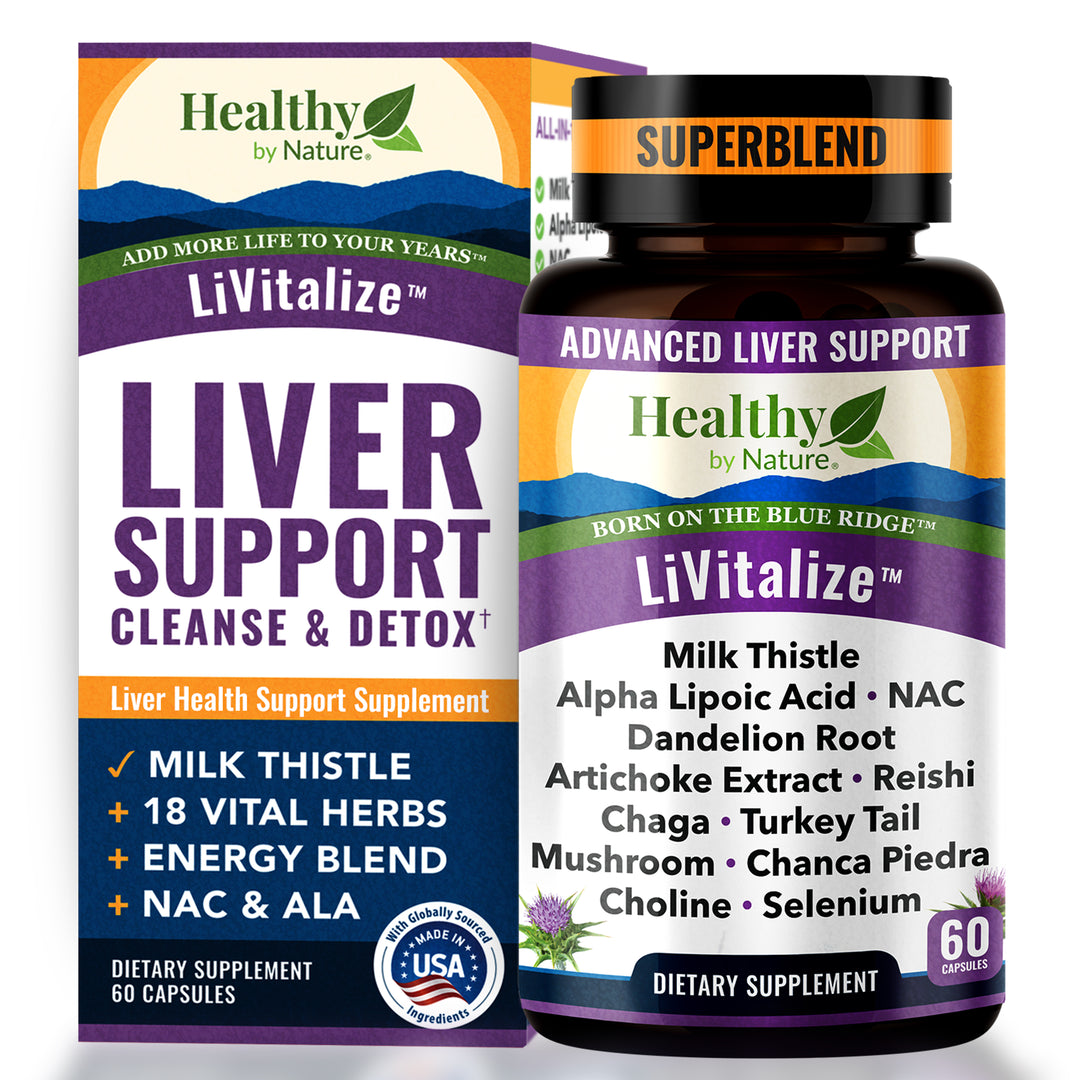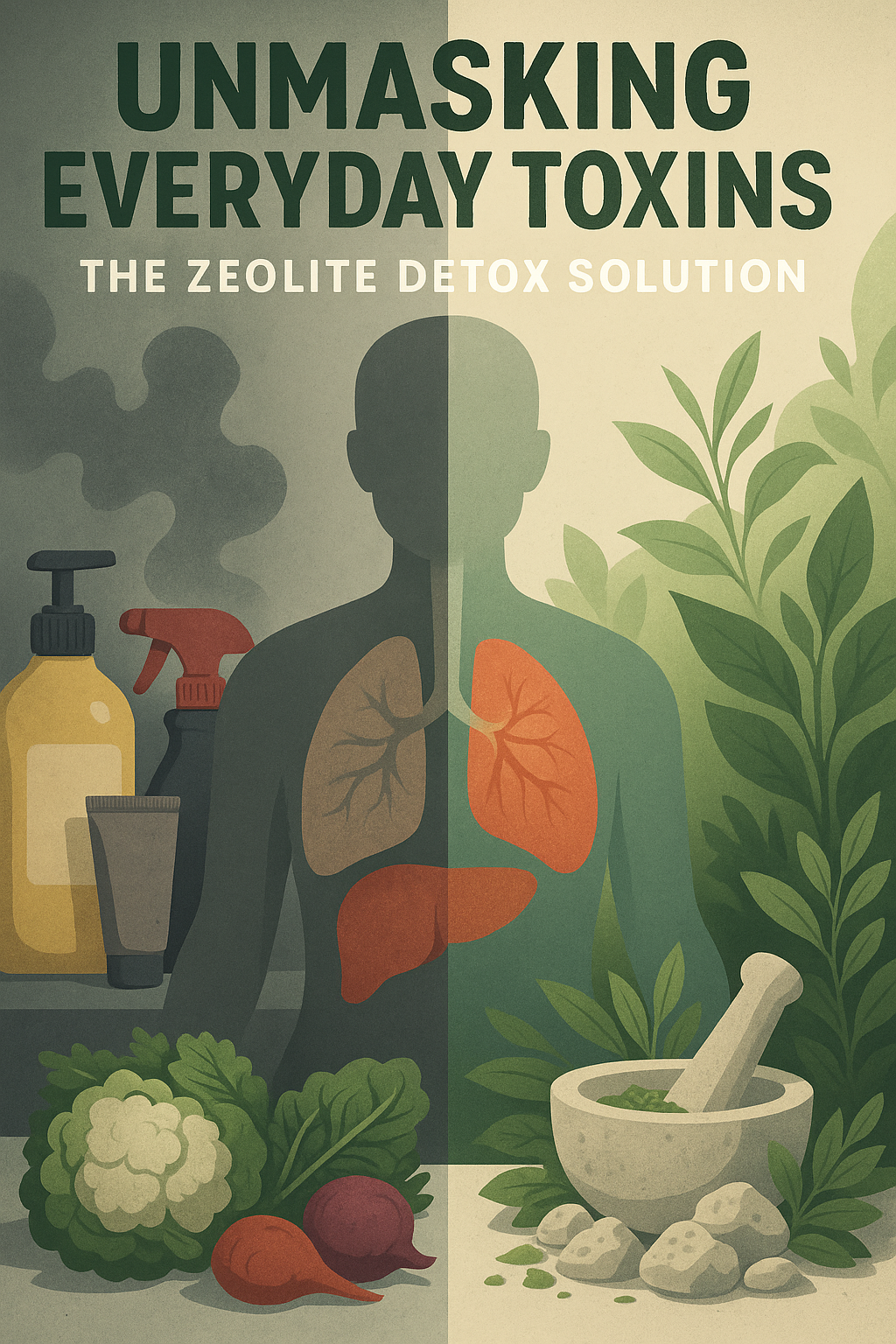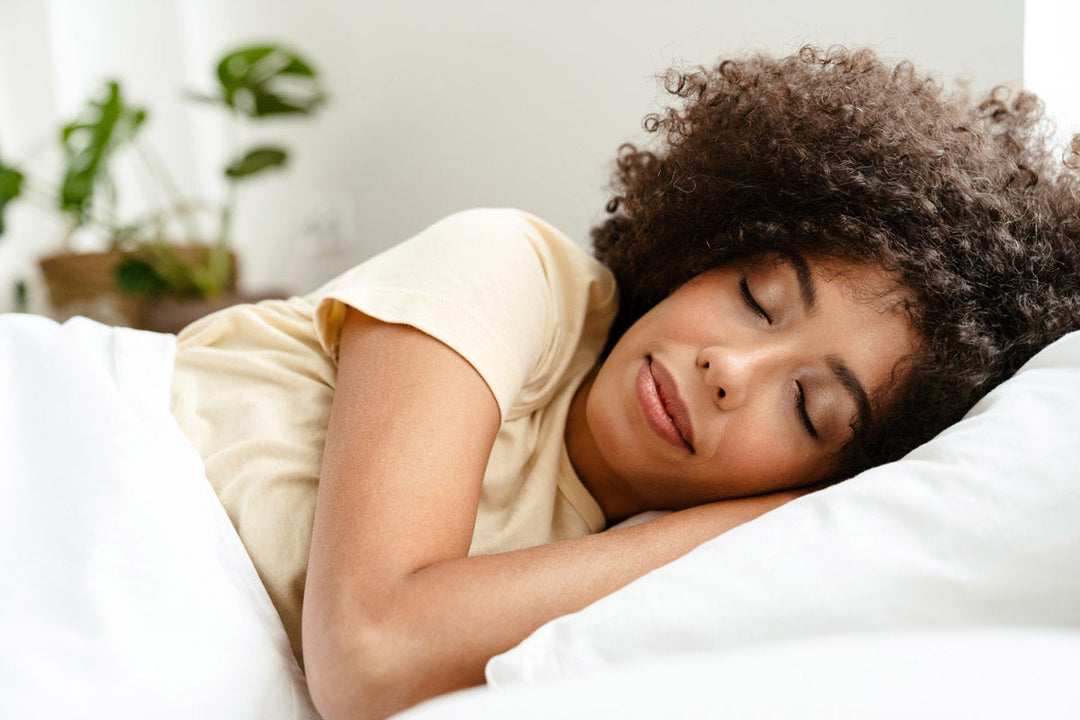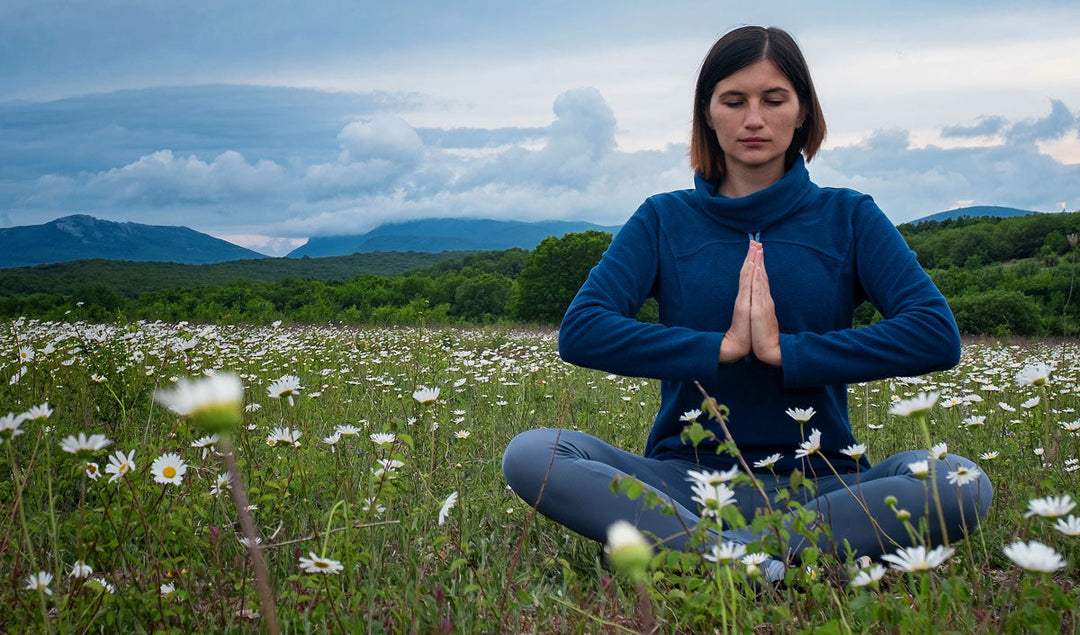Saving Daylight & Losing Sleep: 5 Things You Can Do to Adjust to Daylight Saving Time
Dr. Sumi Says
Having lived in the tropics, I never had to adjust my clocks twice a year as there is very little difference in daylight hours between winter and summer when we are so close to the equator. However, much like jet lag, I’ve come to realize the health implications of changing clocks twice a year. The good news is that there are things we can do to mitigate some of the impact that moving the clocks one hour forward has on our health and biorhythm. Although it’s helpful to plan and take steps ahead of the change, there are also things we can do the first week after we move the clocks forward so that the impacts are minimal.
By Dr. Sumithra Nadarajah, Functional Medicine/Holistic Healthcare Consultant
Daylight Savings Time is back and with the clocks moved forward one hour, for many of us that means our days are once again beginning with darkness.
Everyone has different opinions about Daylight Savings. While many love the extended daylight hours, many are sensitive to the change. A poll by Economist/YouGov last year indicated that 62% of people are in favor of ending the annual time change. Interestingly, people indicated that they preferred to have permanent Daylight Saving Time to permanent Standard Time 50 - 31%, while at the same time people preferred starting their day with daylight 50% compared to 19% of the time. With Daylight Saving time, the sun rises one hour later compared to Standard time due to the “spring forward” effect. So that means in January, sunrise in San Francisco wouldn’t be until 8:20 am. For a short time of the year when days are shorter, that means a good part of your day is spent in the dark being active, when the body’s tendency is to want to still be resting.
Can Losing 1 Hour of Sleep Really Do That Much Harm? Research says yes.
Cutting sleep short by one hour on one night might not sound that detrimental to health at first glance but the lost hour can have significant effects, especially among the many of us who are sleeping less than the recommended seven to nine hours that is recommended to begin with.
The time change can also have lasting effects on your body’s internal clock beyond the first night that you “spring forward.” Our circadian rhythm is the internal schedule our body follows regularly happening at the right times. Our internal clock is accustomed to daylight and darkness consistently happening at certain times of the day. This helps us fall asleep and wake up at a certain time, regulate our hormone levels, appetite and metabolism. The lower amount of morning light can decrease the mood boosting neurotransmitter serotonin and the extra hour of light in the evening can delay the production of melatonin, a hormone which helps you fall asleep.
What does Changing the Clock do to our Health?
The negative health effects of the time change are well documented and include:
- Cardiovascular disease - 24% higher risk of heart attacks (2)
- Workplace injuries & fatal car accidents - 6% higher risk (3)(4)
- Stroke rates - increased by 8% (5)
- Mental health and cognitive issues
- An increase in digestive and immune related complaints
The number of risk factors and negative health impacts are so great that the American Academy of Sleep Medicine has recommended doing away with the changing clocks altogether citing short and long term health risks, as published in the Journal of Clinical Sleep medicine. (6)
How Can we help our mind and body during DST time change?
- You can start 3 days before the time change. Day 1: go to bed 15 minutes earlier than usual, Day 2: 30 minutes earlier, and Day 3: 45 minutes earlier. This will set you us for an easier transition that making a full one hour change (literally) overnight.
- Have a regular evening or bedtime routine. The more consistent our sleep schedule is, the lesser the change our body will have to make.
- Keeping sleep time and wake times as consistent as possible will help us get enough sleep regularly. This way, missing one hour of sleep when the clocks change, will be less problematic.
- Start your day with 15 minutes of exposure of morning light which can help maintain circadian rhythm
- Alternative: if you can’t get outdoors, you can use a full spectrum light box, sitting about 12 inches away from it.
- Start your tasks for the day later than normal for the first few days; by 1 hour, then 45 minutes, etc.
- Taking a 20 minute nap can help you adjust the first week. Don’t overdo it, though, because you can feel groggy and it can impact your nighttime sleep routine.
- Limit caffeine and skip it altogether after 3pm and limit or avoid alcohol altogether since both can negatively impact sleep patterns.
Preparing several days by transitioning sleep before we move the clocks forward can help prevent some of the more dramatic effects of the time change. However, other tips such as starting your day with lots of light, delaying your day for the first week, taking a short nap, and limiting your caffeine and alcohol intake can also help to soften the blow, even after we’ve already sprung forward.
1.YouGov Survey: Daylight Saving Time
https://docs.cdn.yougov.com/etwjvohrxx/Daylight_Saving_Time_Toplines_Crosstabs.pdf
- Sandhu, A., Seth, M., & Germ, H.S. (2014). Daylight savings time and myocardial infarction.
https://openheart.bmj.com/content/1/1/e000019
- Barnes, C. M., & Wagner, D. T. (2009). Changing to daylight saving time cuts into sleep and increases workplace injuries.
https://psycnet.apa.org/record/2009-12532-013
- Varughese, J. & Allen, R.P. (2001). Fatal accidents following changes in daylight savings time: the American experience.
https://www.sciencedirect.com/science/article/abs/pii/S1389945700000320
- Press Release from American Academy of Neurology (2016). DOES DAYLIGHT SAVING TIME INCREASE RISK OF STROKE?
https://www.aan.com/PressRoom/Home/PressRelease/1440
- Rischi, et al. (2020). Daylight saving time: an American Academy of Sleep Medicine position statement.

















